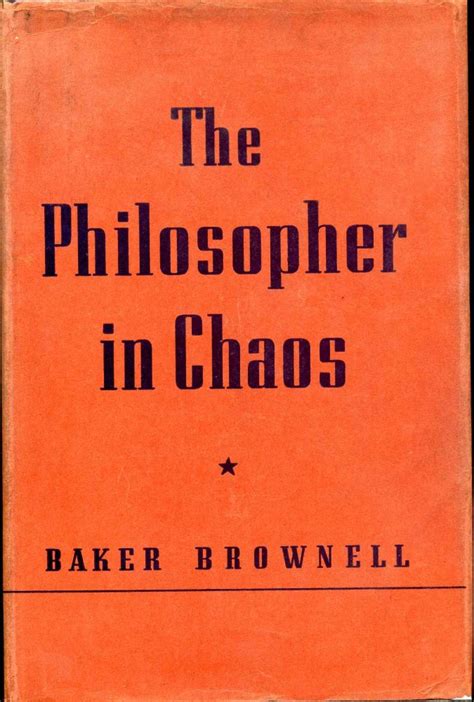A Quote by Michael Joseph Oakeshott
Economics is not an attempt to generalize human desires or human behavior; but to generalize the phenomena of price.
Quote Topics
Related Quotes
Art arises in those strange complexities of action that are called human beings. It is a kind of human behavior. As such it is not magic, except as human beings are magical. Nor is it concerned in absolutes, eternities, "forms," beyond those that may reside in the context of the human being and be subject to his vicissitudes. Art is not an inner state of consciousness, whatever that may mean. Neither is it essentially a supreme form of communication. Art is human behavior, and its values are contained in human behavior.
We've got to temper anything we say with that. On the other hand, you've got to be serious about what you do. And you've got to understand the price you pay for frivolity or just for greed - it's a very high price, especially if you're involved in this sacred material, which is about the human heart and human desire and human tragedy.









































